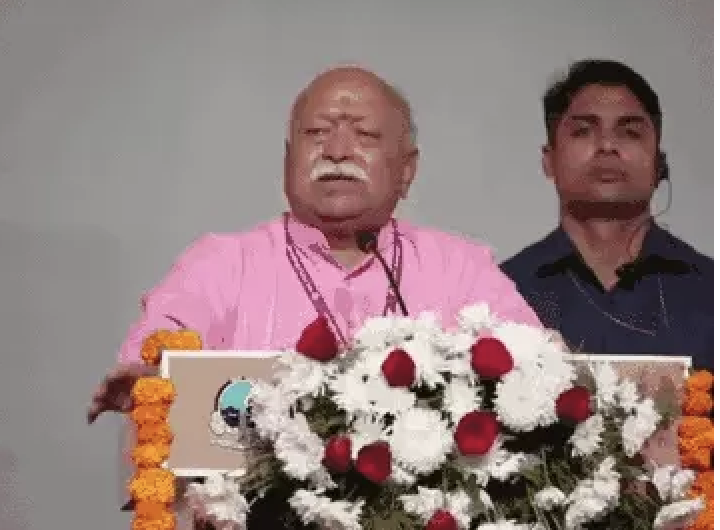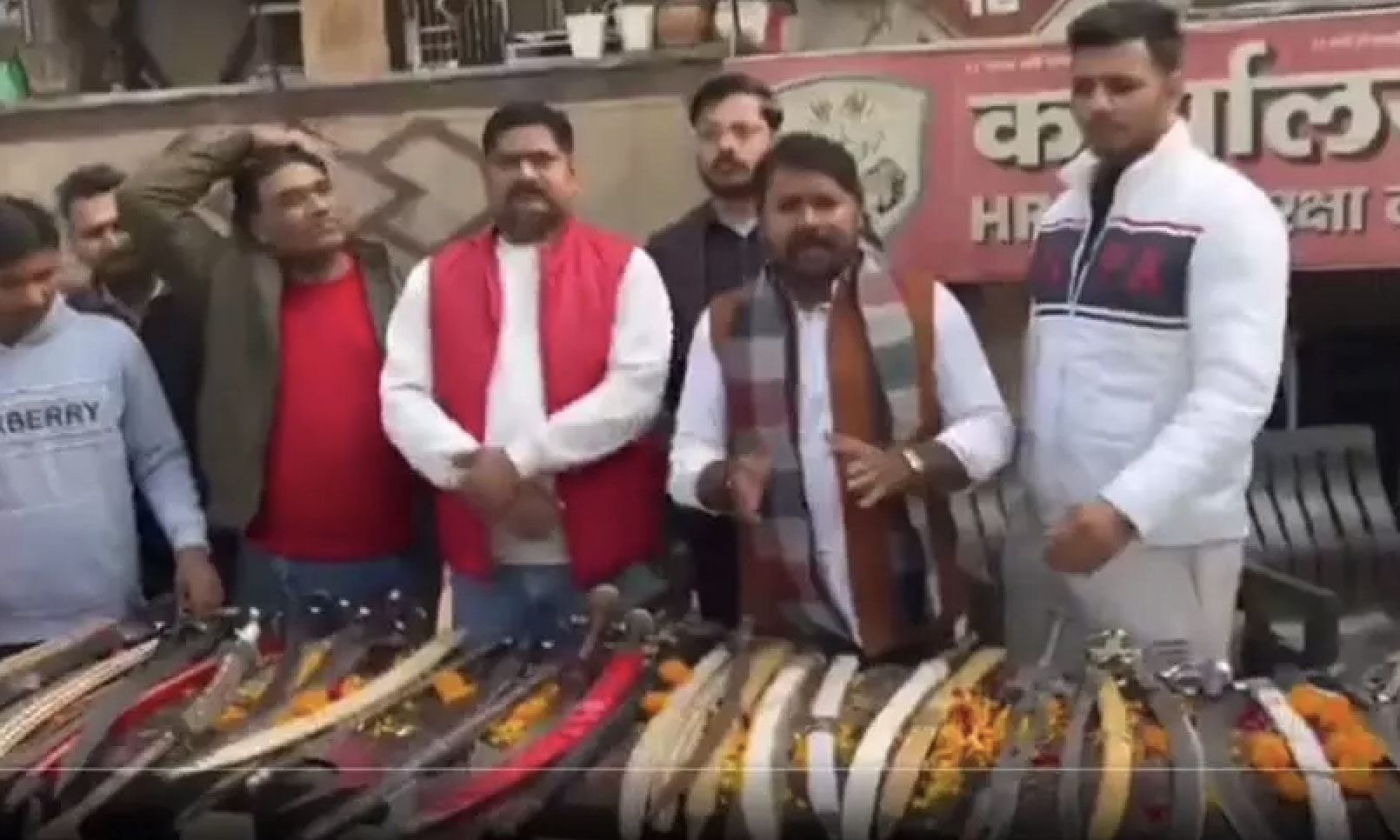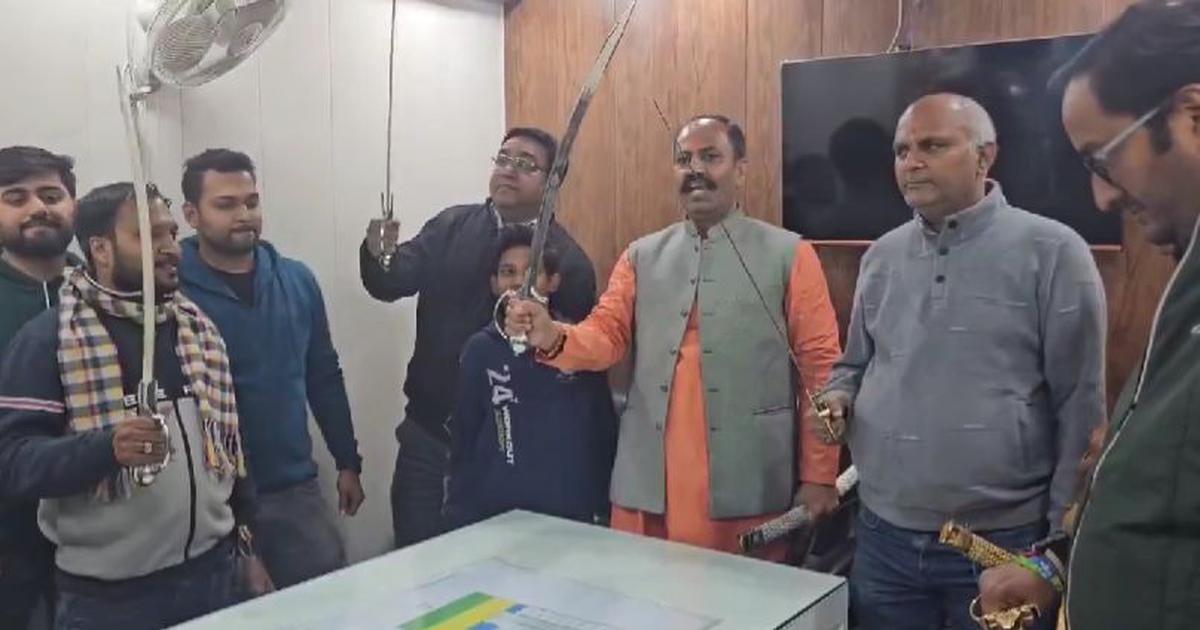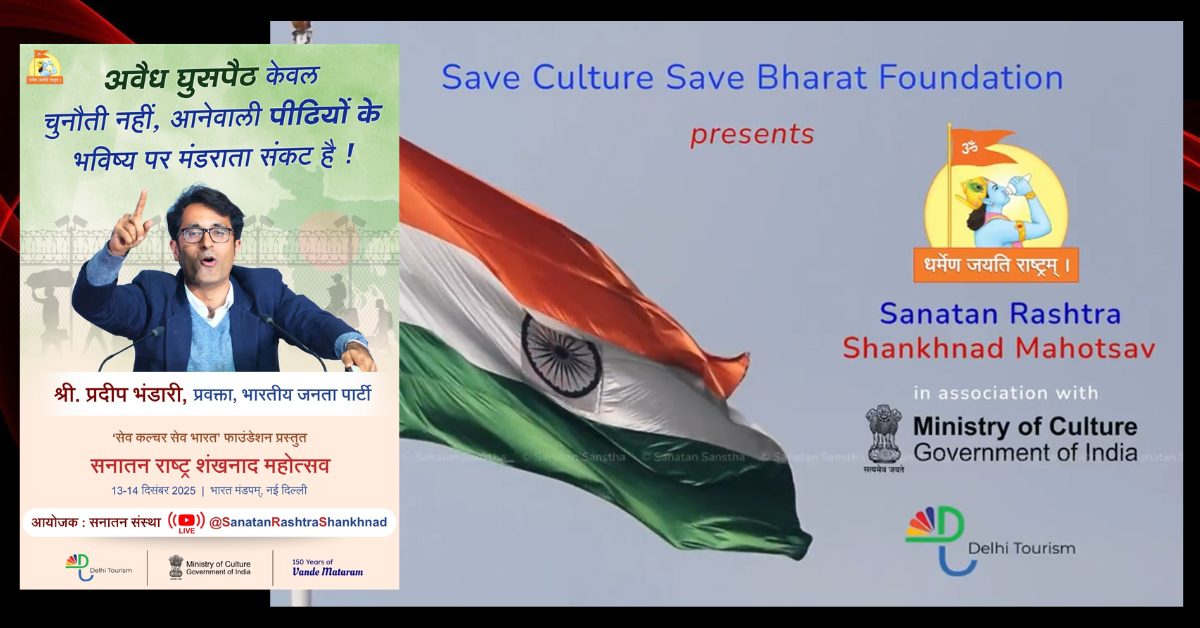LUCKNOW, Uttar Pradesh — Sadaf Jafar smiled as she walked out of jail and into her sister’s arms on Tuesday morning. “Sangharsh jari hai. I have nothing to fear now,” she said, as she turned to face the cameras pointing at her, and pumped her fist in the air.
Jafar, a political activist and teacher, who had recently joined the opposition Congress Party, was arrested on 19 December, while she filmed a peaceful protest against the Citizenship Amendment Act (CAA) descend into chaos in Lucknow. The 43-year-old mother was the only woman arrested by the Uttar Pradesh Police that day. Following her incarceration, her family said the police did not tell them where she was for almost two days. They also alleged she was thrashed in custody.
In an interview with HuffPost India, her first after she was released on bail on Tuesday, Jafar gave a blow by blow account of how she was assaulted by male and female constables on 19 December. But more than their batons striking her back, the Shia Muslim woman said it was their language that betrayed just how communal the UP Police is.
“They beat me. They mouthed the filthiest abuses that you won’t be able to print. They did not give me food and water. I was completely dehumanised,” she said. “Thanks to this BJP government, I know the extent to which a person can be dehumanised.”
“They kept saying, ‘You are Pakistani. You eat here, you have children here, but you support Pakistan,’” she said, “I could have never believed a police force could be filled with so much communalism and hate, but now I know.”
The Bharatiya Janata Party (BJP) government in UP, Jafar said, was determined reduce the broad-based movement against the CAA and the proposed nationwide National Register of Citizens (NRC) to a “Hindu-Muslim issue.”
Nowhere have protesters been silenced as brutally and completely as they have in UP, where the police answers to Chief Minister Ajay Bisht, a Hindutva hardliner in the BJP. The police have arrested thousands of people, beaten women, shot at non-protestors, and tortured children. Now, Bisht, who calls himself Yogi Adityanath, is sending notices to people suspected of damaging public property to pay damages or face seizure of their properties. In Lucknow, social activists who called for peaceful protests on 19 December were either placed under house arrest or jailed. Their families have accused the UP of beating them in custody.
While Jafar was making videos at the protest site, Deepak Kabir, another well known activist, was jailed when he entered the thana located in Hazratganj to look for her, the next morning.
Mohammed Shoaib, a human rights lawyer, and S.R. Darapuri, a retired police officer who is critical of the BJP government, were picked up from their homes and sent to jail. Shoaib is Muslim, Darapuri identifies as Dalit. They are both in their seventies.
These activists, who champion the cause of some of India’s most marginalised communities, face a range of charges including attempt to murder, being in possession of explosives and vandalism.
Darapuri, who was released on bail on Tuesday, said, “The biggest shame is how the police have brought people into the Hazratganj and Hussainganj thana and beaten them. I was in the police force for 32 years and I have never seen cruelty like this.”
The 72-year-old man said, “I kept telling them that I don’t have clothes, I need food, and I’m cold, please give me a blanket. They did not give me food. They did not give me a blanket.”
I was in the police force for 32 years and I have never seen cruelty like this.
Beating at the protest site
Jafar, who is a member of the Congress Party, says that both male and female constables hit her with batons and assaulted her at Parivartan Chowk, the site of the protest in Lucknow.
“I knew how bad things were going to get because even as they were taking me to the side of the road, they were hitting with me batons on my legs. I asked, ‘I am walking. I am cooperating. Why are you hitting me?’”
A woman constable, Jafar said, told her to shut her mouth or she would be hit in the face with a baton.
Jafar says she was encircled by the constables near the Laddoo Chanakya sweet shop at Parivartan Chowk.
“He told me to sit on the ground. I refused, saying that I have a bad knee. He slapped me. I fell on my hands and knees. My spectacles fell off,” she said. “Then, I don’t know who was hitting me. I only felt the blows on my back.”
He slapped me. I fell on my hands and knees. My spectacles fell off.
A woman constable whose scooter was gutted in the ensuing violence, Jafar said, was encouraged “to take out her anger.”
On 22 December, the UP Police released a 30 second video, denying all the accusations levelled against it in Jafar’s case. “All the accusations levelled against the police are untrue and baseless,” said a policeman, whose designation did not appear in the video.
While granting bail to Jafar on 3 January, Additional Sessions Judge S.S. Pandey noted the UP Police had failed to furnish any evidence of her engaging in arson.
Beating at the thana
The violence, Jafar alleged, continued at the thana in Hazratganj.
It was eleven at night, Jafar said, when a male police inspector told her, “’You were saying big things at the protest. What is your education? Have you even studied the CAA law? I’ll put Section 307 (attempt to murder) on you and make sure you rot in jail.’”
This inspector, Jafar said, then asked the woman constable in the room to slap her.
“When she gave me two light slaps on my cheeks, he told her, “Have you not eaten properly.” Then, he kicked me in the stomach and on the knee. That night my bleeding started.”
The police personnel who allegedly beat and abused her, Jafar said, were not wearing their name badges. She believes it was a deliberate omission to conceal their identities.
Jafar says she can recognise them by their faces. “If I see them, I can single out each one,” she said.
Then, he kicked me on the stomach and on the knee. That night my bleeding started.
No food and water
Jafar alleges she was not given anything to eat or drink for over 24 hours following her arrest on 19 December.
When her blood pressure shot up, Jafar said she was taken to a government hospital that night. Her BP was 160/100.
“After some time, they said, ‘You leave, you are making excuses.’ I said, ‘Look, I have been hurt here and here.’ They said, ’Don’t do nautanki here.’ They said, ‘she is looking for an excuse to sleep in the warmth here. She has to go,’” she said. “It’s not just the police, it’s the doctors too.”
It was the driver of the police van and the woman constable, who came with her to the hospital, who got her tea in the paper cup and a biscuit.
“It was kind of them. But it was two in the morning and I was feeling like puking. I couldn’t eat anything. They said, ‘Eat it because you won’t get anything else.’”
Kindness
As the night wore on, Jafar recalls warming up to some of the women constables. One woman was pregnant. Another woman, who was recently engaged, did not find time speak with her fiancé. An older woman, a widow, showed her photos of her children.
“I told the pregnant woman to sleep with a pillow between her legs. That had helped me,” she said. “When I was worried sick about my children not knowing where I was, the elderly woman reassured me that someone will find out where I am and tell them. She also said, ‘If you are going to be so scared then why did you go in the first place?’”
These women constables, she said, shielded her from one policeman who, while hurling abuses at her, insisted that she sit on the floor.
“He said, ‘why are you letting her sit on a chair, make her sit on the ground, lock her up with the rats.’”
The women constables told her, ”‘Didi, go sit on a chair. We will tell you when he comes and you just stand up or he will keep abusing you.’”
On how she reconciled her bonding with some women constables despite the violence she had suffered, Jafar said it was hard to explain, but easier to feel it. “If you lose your human touch, even for those who hurt you, your movement is defeated,” she said.
If you lose your human touch, even for those who hurt you, your movement is defeated.
But the bonhomie, Jafar feels, is superficial. The hate speech targeting Muslims, which goes far and wide via Whatsapp, is what people have come to believe.
“We do make person to person connections, but the overall thinking is that Muslims are alien to India, the descendants of Babur, who need to be grateful for the air that India gives them to breathe, she said. “Even if the government changes in the next few year, it will take decades to reverse the damage done by the Whatsapp university. It will take decades to detoxify India.”
Even if the government changes in the next few year, it will take decades to detoxify India.
The next morning
The next morning, when Deepak Kabir, the prominent activist, came looking for her at the Hazratganj thana, Jafar recalled that she was more worried than relieved.
The constables, Jafar said, confiscated his phone, hit him with their batons and locked him up.
“The last time that I saw him, he had his shoes in his hands, his hair was disheveled and he was getting into a police van,” she said.
Kabir remains in jail.
Veena Rana, his wife, said she was perplexed by how the police were behaving. Her husband, who organised an annual cultural festival in Lucknow, was known to a lot of people in the city including bureaucrats and police officers. She wondered if they knew what the constables and inspectors were doing in their respective thanas.
“Where are the orders for this kind of barbaric behaviour coming from? Is there a disconnect or is everyone complicit?” she said.
Where are the orders for this kind of barbaric behaviour coming from?
Next?
For close to an hour after she was released on bail, Jafar spoke with journalists near the gate of the district jail, slamming the BJP government in UP and vowing to continue fighting the discriminatory citizenship law.
Naheed Verma, her sister, who was waiting for her to finish, said, “Looking at her, it’s hard to believe that she just got out of jail. There is no stopping her now.”
It was later that morning, while speaking about how “dehumanised” she felt, did Jafar let the tears stream down her face.
“I was really scared about how scared my children were not knowing where I was. I was scared about my sister who is also on her own. Where would she go on her own to find me? Which thana or mortuary or hospital?
Where would she go on her own to find me? Which thana or mortuary or hospital?”
As she fielded phone calls on her way from the district jail to get home, Jafar said that she did not know what lay in store for her.
She was ready to delve deeper into politics but not obsessively so. She could speak against injustice as a spokesperson of the Congress Party or as a lone activist.
“I’ve always live from one day to the next. I was happy to see so many people, supporters, journalists, who were waiting for me to come out today. But if no one came, it would have been fine too. I would have asked Mr. Darapuri to drop me home.”
If there is a nationwide NRC, Jafar has decided that neither she nor her children will furnish the documents needed to prove their citizenship.
Civil disobedience was a family trait, said Verma, her sister. Their father’s brother S.M. Jafar was a renowned freedom fighter in Lucknow, who had worked alongside Mohandas Gandhi and Subhash Chandra Bose. Their grandfather’s brother Syed Ali Zaheer was also a freedom fighter and the law minister in Jawaharlal Nehru’s first cabinet.
For Jafar, a single mother who is fighting a custody battle for her 16-year-old son and 12-year old daughter, providing for them is always her priority.
“I was a freelance translator before they arrested me. I don’t know if I still have that job,” she said. “I hope I do.”
This story first appeared in Huffington Post, India, on Janury 08, 2020 here.






